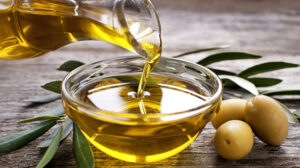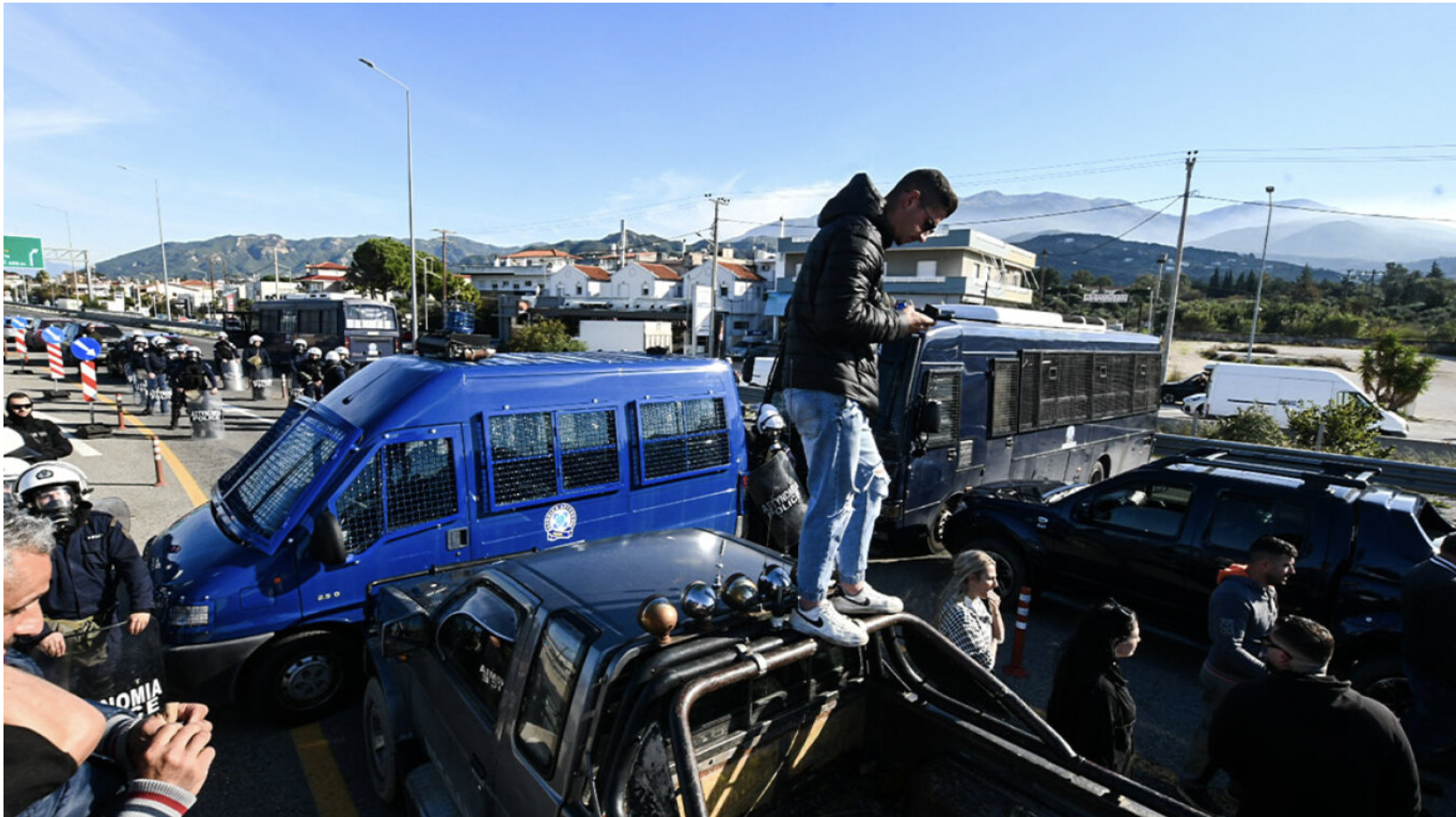Record cases of possible fraud and mislabeling of olive oil are being recorded in the first quarter of the year in the European Union, as the price of the “liquid gold” soars to more than double 2018 levels, with production hit by extreme weather.
As the price has soared, so has the number of “EU cross-border notifications”, which include mislabeling, possible fraud and safety cases involving contaminated oils.
In the first quarter of 2018, the EU recorded just 15 such cases. The number increased to 50 in the first three months of 2024. This is a record number and a more than threefold increase, according to figures cited by the Guardian.
However, these cases are only those identified and reported by member states to the EU’s Health Directorate General. This figure does not include domestic cases and the true scale of the fraud is likely to be much larger, the British newspaper points out.
Incident reports included oils contaminated with unauthorised substances such as pesticides, mineral oils and one case where glass shards were discovered.
There were also many cases where extra virgin olive oil was found to be adulterated, for example by mixing it with oils of inferior or cheaper quality, cases where virgin olive oil was labelled as extra virgin and several cases of misleading or false origin labeling.
Of the 182 notifications of olive oil fraud and non-compliance sent to the EU since the beginning of 2023, 54 involved products from Italy, 41 from Spain and 39 from Greece.
The EU adopted new rules on conformity checks for olive oil marketing standards, as well as methods for analysing olive oil, in July 2022.
A European Commission spokesman said the higher number of notifications to the system does not indicate an increased risk to consumers. “The annual higher reported number of notifications is evidence of better exchanges between the competent authorities of the member states and their vigilance against fraud in the agri-food chain.”
The Commission has a zero tolerance for fraud. In order to provide consumers with good quality olive oil in the EU, the Commission organises annual workshops and promotes cooperation between EU countries to ensure that these controls are properly implemented and to ensure the exchange of relevant information for those working in the olive oil sector.”
Ask me anything
Explore related questions





